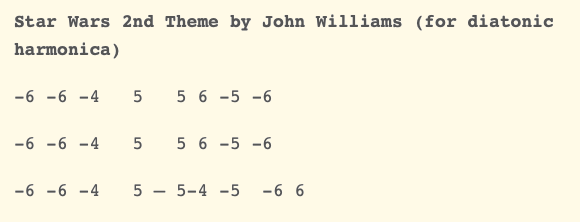

It will never lose its scientific accuracy.īut not all scientifically inspired music is based on principles that endure. More recently, Kate Bush used fundamental mathematical principles to inspire her song Pi, in which she sings each of the digits of that number in order (3.1415926…). Plenty of musicians have sought to capture scientific ideas and themes in their works, from Kate Bush to glam rockers. Discoveries are continually shifting our knowledge of the world. The tale of Holst and Matthews might be seen as a warning for any artist or musician tempted to explore science through their work. The new piece was well received – but barely six years after it was premiered, the International Astronomical Union elected to demote Pluto from its planetary status, making Matthews’ work redundant.

In fact, it wasn’t until 2000 that The Planets gained an additional piece.īritish composer Colin Matthews was asked by the Halle Orchestra to write an addendum for the planet Pluto. He lived until 1934 – but evidently he lacked the energy to bring his composition up to date in his final years. Between 19, Gustav Holst wrote his famous Planets suite.

Eventually, Pluto – the suggestion of an 11-year-old girl from the UK – won out.īut one man might have been forgiven for not welcoming the discovery. The discovery was met with an enthusiastic reception, as people the world over began offering up names for the new rock. In February 1930, a young astronomer called Clyde Tombaugh confirmed what some researchers had suspected for some time: the solar system was home to a ninth planet, orbiting far beyond Neptune.


 0 kommentar(er)
0 kommentar(er)
